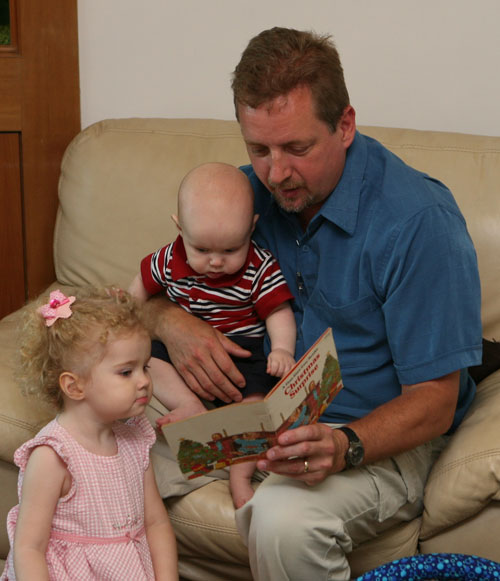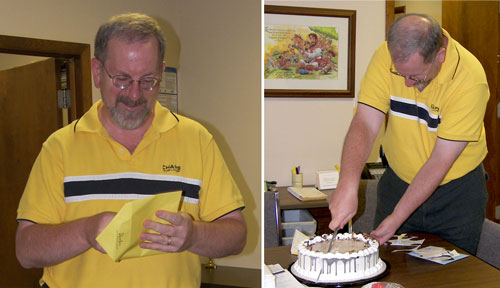June 15, 2009
|
Andrew Atkins, pastor of Monticello UB (Spencerville, Ohio), sent us this testimony. It happened on Saturday night, June 6, after the evening service at the US National Conference. Andrew said we could publish the story, but emphasized, “I just want to make sure that the focus is about the fact that God provides opportunity when we are obedient to Him.”
My wife and I arrived back at our hotel around 11 pm, and in the parking lot were the “Bikers.” There were guys doing burnouts, drinking, and basically kickin back. As I walked back to my van to get some pop that I had forgotten, God began to break my heart for these guys and ask me what I was willing to do to reach them with the Gospel.
I walked into our hotel room and told my wife that we needed to go out and bless some bikes.
About three years ago at Monticello, we started doing a Biker Sunday. At the end of the day we have guys pull through on their motorcylces and we pray for them to be safe and encourage them to follow Christ on the highway of life. I never realized how important that was to guys that ride, but because of our Biker Sundays, I have learned that.
So at about 11:15 pm, my wife and I headed into the parking lot to the first group of guys. I asked them if they had been prayed for, that they would ride safely. They said, “You mean, blessed? No, we haven’t had that yet.” I told them I was a pastor and I would love to do that for them.
Immediately they said, “That would be awesome, but go down there and ask those guys too!”
So in two separate locations, my wife and I watched bikers stand by and even kneel at their bikes as we prayed that God would keep them safe, and that they would know the joy that comes from riding with Christ as their Saviour. We went back to our hotel room knowing that the reason we were at National Conference during bike week was to reach out to those guys.
The following morning before the closing service, we went down to check out of our room. One guy that we prayed for was looking at the back tire of his bike; it was in pretty bad shape. I asked if it was rideable, and he said it was. Then, as I turned to walk away, he said, “Hey hold on.” Then a very big, bald biker came over and wrapped his arms around me and said, “Thanks so much for praying for us last night. We won’t forget it.”



 A new book, “
A new book, “